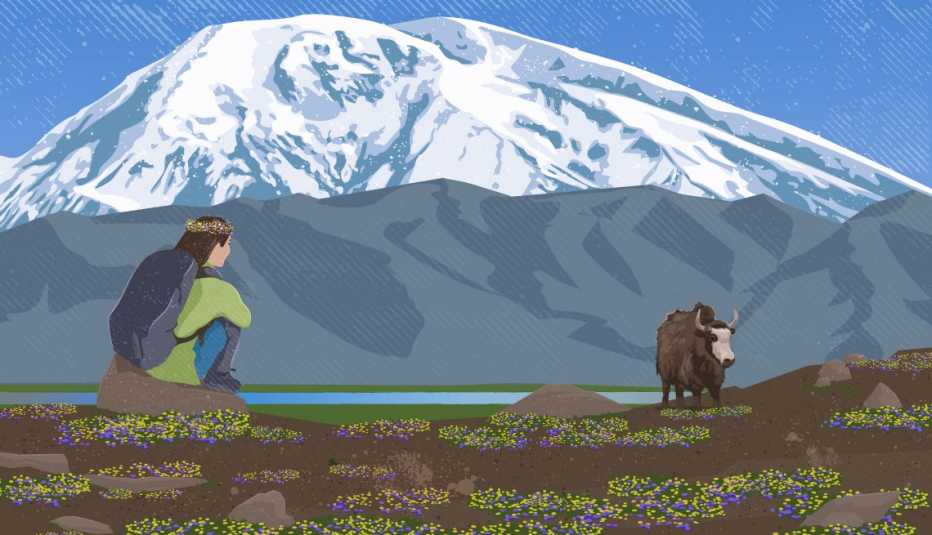Staying Fit


At a base camp at 16,000 feet on the side of a mountain in far western China, I sipped tea, ate rice flecked with anemic strips of dzo (a hybrid between a yak and a cow), thought of friends and family back in the U.S. getting ready to celebrate Independence Day, and considered whether I should quit what I had traveled halfway around the world to do.
Muztagata (MOOSE-ta-ga-ta) is the 49th highest mountain in the world, and I was there to climb and ski it. By the time I started thinking about quitting, I had already done much of the hard work: I had been living in a tent on its western flank for more than two weeks, suffered through five days of food poisoning (with a temperature of 102 degrees) and, more times than I could count, ferried myself and gear between our expedition’s base camp and camps higher up the mountain to acclimatize to the elevation and gradually get my body used to the increasingly thin air.
But the day before the team was to start its four-day push — spending one night each at Camps 1, 2 and 3 along the way — for the 24,757-foot-high summit, I realized getting to the top was no longer important to me. I wasn’t scared, sick or lacking confidence in my abilities and fitness. Surprisingly, I just found myself more interested in exploring the undulating plateau where our 11-member expedition had established base camp. Here, Muztagata’s glaciers ended and greenery, even if only ground cover because of the high altitude, started and continued, like a belt of life around the mountain’s middle for miles and miles.
From base camp, the plateau didn’t look like much, although it was brilliant with wildflowers. At camp we couldn’t see over the rocky rises nearest us but looking down on this plateau during my acclimatization hikes up and down the mountain, I saw a vast, wild landscape dotted with milky-green glacier-carved lakes, erratic boulders, tills (glacial drifts) and rivers swollen with water from melted snow. Using my camera’s zoom, I saw the yurts of nomadic herders as well as herds of goats, sheep and other animals. What would I discover if I followed my curiosity? Could I go against my natural tendencies and give up my goal?
Quitting is not an option
I possess stubbornness in spades and a high tolerance for physical discomfort — qualities that are necessary to climb high mountains in remote places. But a lot of stubborn people who know how to fight through pain don’t subject themselves to Muztagata. Truth be told, a lot of them don’t even subject themselves to the long-haul flight to China. But I had another motivator compelling me, one that most people do not. I have multiple sclerosis, an incurable, degenerative neurological disease that makes physically challenging myself and traveling feel as necessary to my well-being as eating or sleeping. “I might wake up tomorrow morning with a paralyzed leg or arm,” I thought to myself (and explained to family and friends) when first diagnosed. “I’ve got to do and see everything I want to while I can!”
For that reason, I grit things out. I don’t quit.
By the time I was on Muztagata, I was seven years out from my MS diagnosis and had persevered through a bleeding stomach to set the Guinness World Record for the most vertical feet skied uphill by a woman in 24 hours; sat on bike saddles for 10 hours during 200-mile road races; traveled to dozens of new countries; designed (and ran) 30-, 40- and 50-mile traverses of mountain ranges; climbed rocks and ice; and skied more than 100 days each winter, most times in the backcountry.


































































You Might Also Like
Life’s a Journey: When Control Freaks Age
Tracy Schorn strives to help her mother fix a neglected garden
Heeding the Call of the Wild West
For a fashion-obsessed city girl, "all decked out" takes on new meaning amidst Wyoming's natural beauty
More Members Only Access
Watch documentaries and tutorials, take quizzes, read interviews and much more exclusively for members